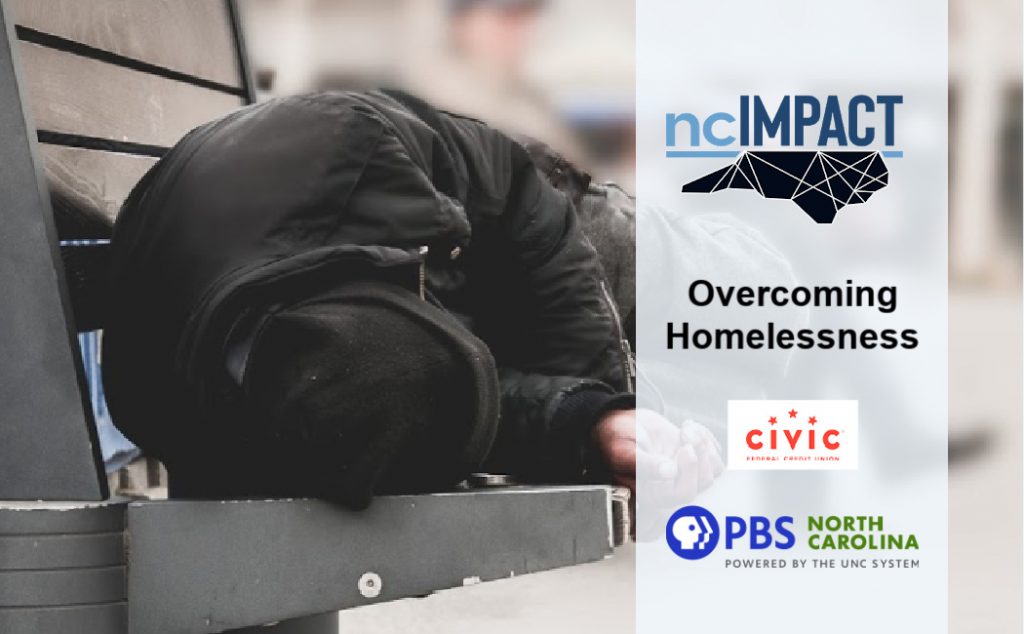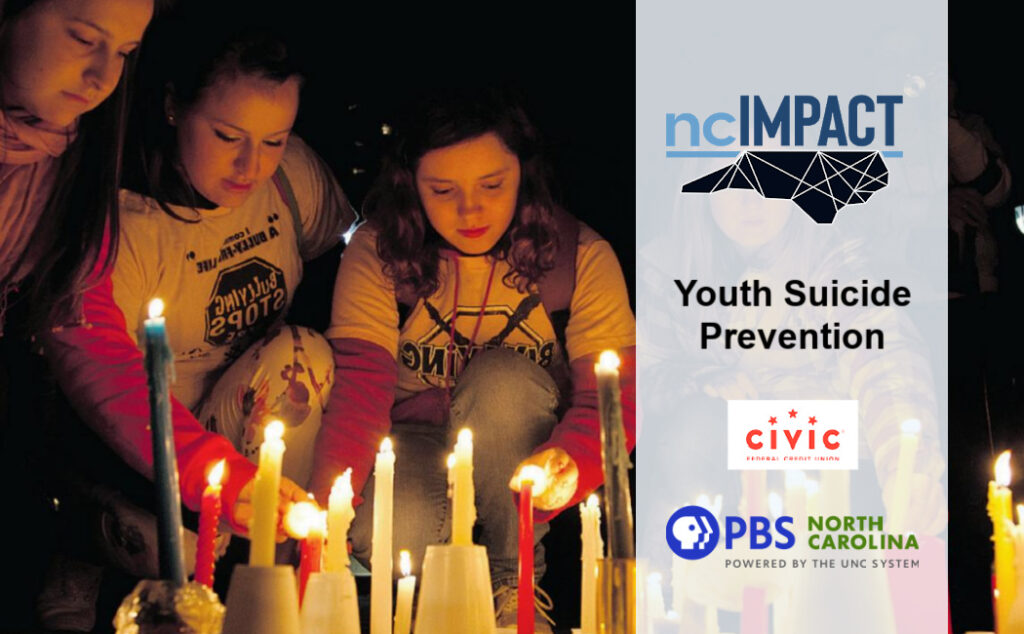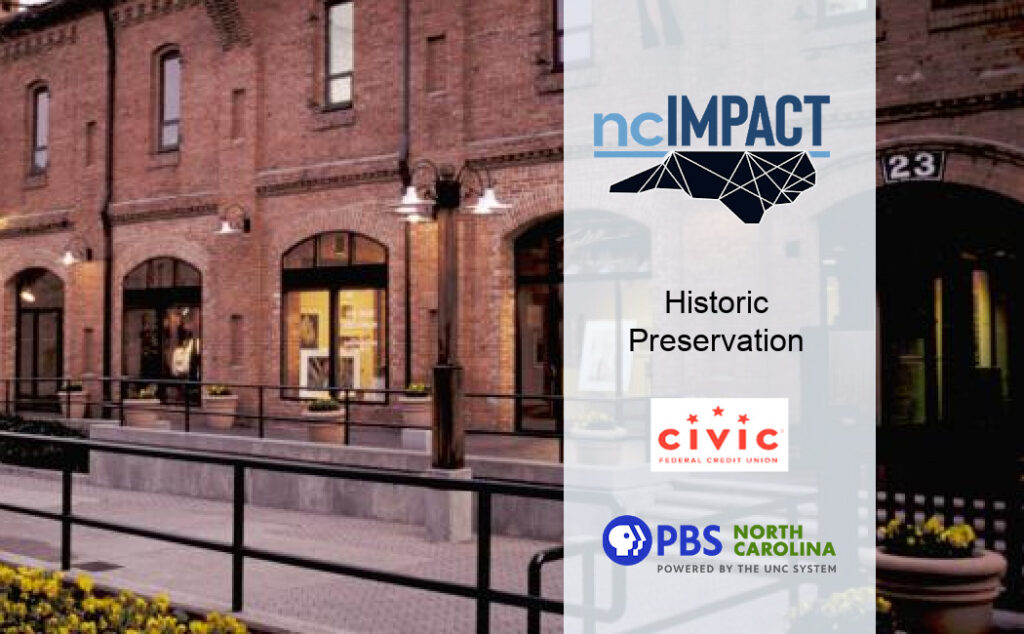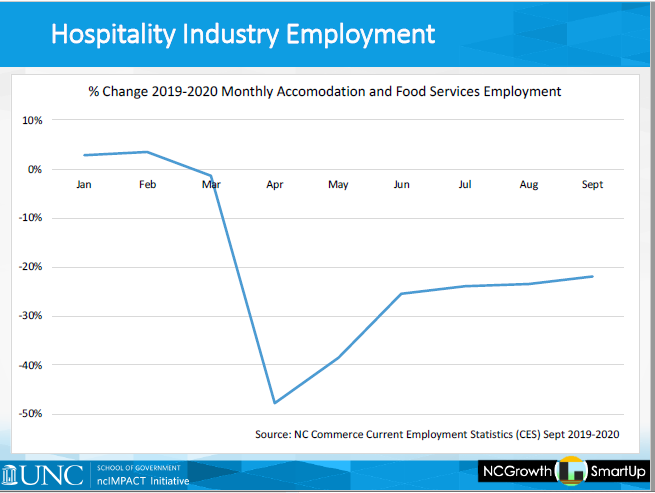Facts That Matter Blog
Facts That Matter Blog

Overcoming Homelessness (Blog)
In the Asheville/Buncombe County area, there are an estimated 554 people homeless on a given night, which is about 21.5 in every 10,000 people. In Asheville, 40% of the people experiencing homelessness are veterans, which is significantly greater than the national veteran homelessness rate of 11%. Homeward Bound is an organization dedicated to ending the cycle of homelessness through homeless and housing services such as Housing First, along with several community partners.
+ Continue Reading Article
Youth Suicide Prevention (Blog)
In 2006, the suicide rate for children and youth in Watauga County was thirty percent higher than for the state of North Carolina. To address mental health concerns for students, Watauga High School partnered with Appalachian State University to establish High Country Help.
+ Continue Reading Article
Improving Community and Police Relations (Blog)
The issue of community and police relations acquired a great deal of public attention in recent years. In 2017, Mayor Sammy Phillips of Jacksonville, NC launched the “One City, Our City, My City” campaign to promote respect, caring, and collaboration among the community. The Jacksonville Police Department adjusted their training and review procedures around use of force incidents and decreased their use of force numbers from 103 instances in 2012 to 23 instances in 2018.
+ Continue Reading Article
Economic Impact of Historic Preservation (Blog)
Historically a mill town, the decline of the textile industry resulted in economic and job loss for Rocky Mount. The city and private investors engaged in adaptive reuse, which means using buildings in creative new ways beyond the intended original purpose of the building (especially when the original purpose is obsolete), to strengthen the local economy.
+ Continue Reading Article
Access to Healthcare and Improving Health Outcomes (Blog)
The Highland community in Gaston County, a primarily African American neighborhood, struggled with a lack of access to affordable, healthy foods and healthcare. The Highland residents formed the Highland Neighborhood Association and the Healthier Highland initiative, which enables them to form additional partnerships and empowers them to drive change based on their needs.
+ Continue Reading Article
Workforce Credentials That Increase Employability and Wages (Blog)
Employers need a skilled workforce, but the workforce is not always equipped for the jobs available, resulting in a skills gap. The North Carolina Manufacturing Institute (NCMI) seeks to solve the skills gap in Rowan, Cabarrus, and Iredell Counties by training students and helping to connect them with local manufacturing employers.
+ Continue Reading Article
Water Infrastructure Challenges (Blog)
Water systems require extensive infrastructure, which is highly capital-intensive to build and maintain. Regional utilities are able to leverage economies of scale, drawing from a larger population (and therefore revenue pool) to support capital-intensive water systems.
+ Continue Reading Article
Collaboration in the Face of Crisis: The Keys to Economic Recovery from COVID-19
The project team outlined two major, interconnected issues facing communities during the COVID-19 pandemic: hospitality employment and parents departing the workforce. The hospitality industry is one of the hardest hit industries given business closures, reduced capacity, and low consumer confidence. Hospitality employment plummeted in April 2020 and has yet to recover. In North Carolina, September 2020 sector employment was still about 20% lower than September 2019. Underlying this issue is the struggle to reopen businesses safely and improve consumer confidence.
+ Continue Reading Article
Rural Coworking Spaces – Wilson County (Blog)
Coworking spaces are popular in metropolitan areas but can also serve as a solution to many challenges that entrepreneurs may face in a rural area. Wilson is one such rural community with a solution—a coworking space called the Gig East Exchange.
+ Continue Reading Article
Shifting Manufacturing to PPE Production – Alexander, Burke, Catawba, and Mecklenburg Counties (Blog)
The spike in demand for PPE during the COVID-19 pandemic resulted in a shortage, leaving many healthcare workers and other front-line workers at risk. In response, the Carolina Textile District, a regional manufacturer’s network, shifted their production to PPE.
+ Continue Reading ArticleSearch ncIMPACT content by county
Use the arrows below to search by county map or county list
